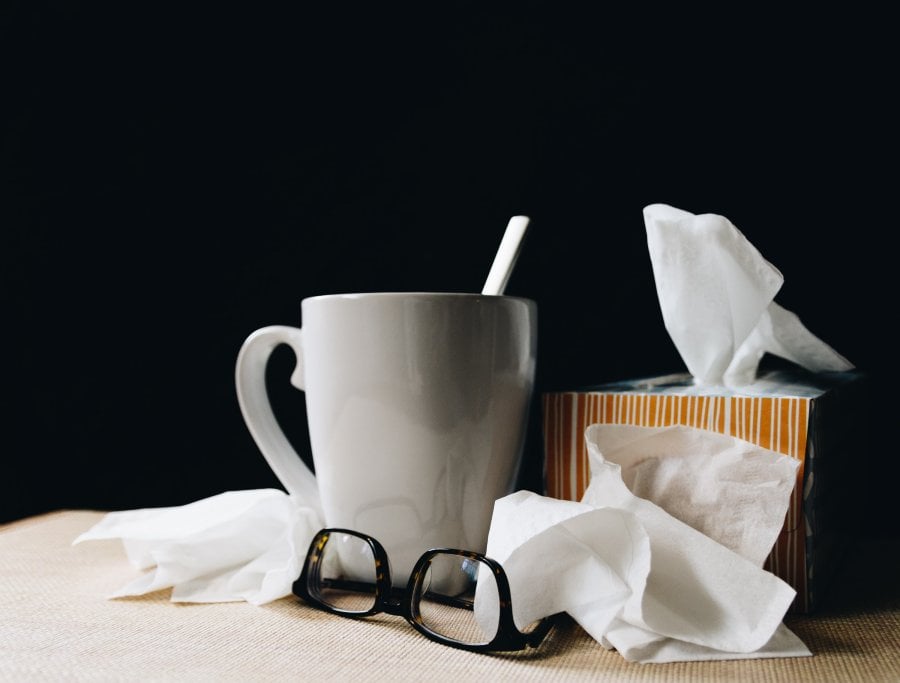
Hello AMR Centre community, and welcome to the last newsletter of 2021! I have a story for you, which will be followed by an AMR-related Christmas/Festive Wish!
Last week, I was off sick feeling very sorry for myself, with what ended up being a COVID-19 PCR-negative plain old cold. I self-isolated before the PCR test came back, and I have continued to cancel on friends and family, wanting to wait until I’m fully better to see loved ones, and also aware of the uncertainty surrounding the Omicron variant and the risks that come from COVID-19 and other viral or bacterial co-infection.
When I cancelled on people, I received many different responses. Some wished me a speedy recovery, others told me I didn’t need to be so careful for ‘just’ a cold, and still others cancelled on me before I could even get around to it, fearing, perhaps, catching the cold, and transmitting it to their loved ones.
For the hundredth time this pandemic, I find myself revisiting the concepts of ‘personal responsibility’, and ‘personal risk’ calculations in infectious diseases. I could absolutely choose to go about my day with a heavy cold, coughing and sneezing on everyone around me – it would not be illegal. I could choose not to disclose my cold. And it might be more convenient for me! But if I assert my choice to enter someeone’s home, a gym, a restaurant, or my place of work coughing and sneezing, then I am removing choices from others. It becomes impossible for them to make the choice to *not breathe*, or to avoid my viral shedding. Unlike some popular messaging in the last two years, it is not possible to ‘stay alert’ to a virus! Our air is shared; my exertion of my so-called personal freedom has the potential to restrict someone else’s. Of course we cannot remove all risks throughout life; and there are opportunity costs to any action.
Also, I have some privileges that allow me to more easily make these decisions, such as being able to work from home. But I can reduce some of the risks of transmission by forgoing indoor events; I can comply with mask wearing rules; and I can tell my friends that I am ill so they can actively participate in their health decisions.
There is, I promise, a link between this story and AMR. This fairly simple scenario – me, with a cold – is actually full of many complexities. For example, I may have been infectious before I was symptomatic, or I might still experience viral shedding once I feel better. What about the rest of my household? And when you amplify the scenario to everyone in the UK trying their best to manage colds, the flu, and COVID-19 (and making decisions about what they perceive to be the relative risks of each condition), it is little wonder that expecting ‘personal responsibility’ or ‘personal risk calculations’ to completely work is a losing tactic.
AMR is even more complex than this – because it encompasses my cold, and everyone else’s too, alongisde COVID-19 and influenza, and all other viral, bacterial, fungal, parasitic, and protozoal infections! It is often hidden and it may not even just be a function of an infection, but also of human/animal/environmental microbiomes. And the timescales involved can be short - for rapid bacterial resistance – long – for the decades it takes to develop new antibiotics – or geologic – when we think of the historical presence of naturally evolved resistances on the planet.
But people are still today using the personal responsibility and ‘quick fix’ narratives with blame being ascribed to patients and providers. Sometimes these narratives are unfortunately not very far away from (post)colonial blame being centred upon the Global South. I have seen countless public-facing examples of these, even in recent years when we should know better (which would be a great MSc summer project – if you’d be interested, do get in touch!)
It can be tempting, in the complexity and global scale of AMR, to focus only on the narrow lens of what seems feasible to change. But my Christmas/Festive wish for all of is to watch what assumptions and power dynamics we call upon in our AMR research. I know I can do better – and the AMR Centre in 2022 will be returning to these and other key themes in our research. Watch this space!
We wish you festive holiday greetings from the AMR Centre. See you in 2022.
Our postgraduate taught courses provide health practitioners, clinicians, policy-makers, scientists and recent graduates with a world-class qualification in public and global health.
If you are coming to LSHTM to study a distance learning programme (PG Cert, PG Dip, MSc or individual modules) starting in 2024, you may be eligible for a 5% discount on your tuition fees.
These fee reduction schemes are available for a limited time only.
